Clare Nash: Inquest jury told to examine police action before murder
- Published
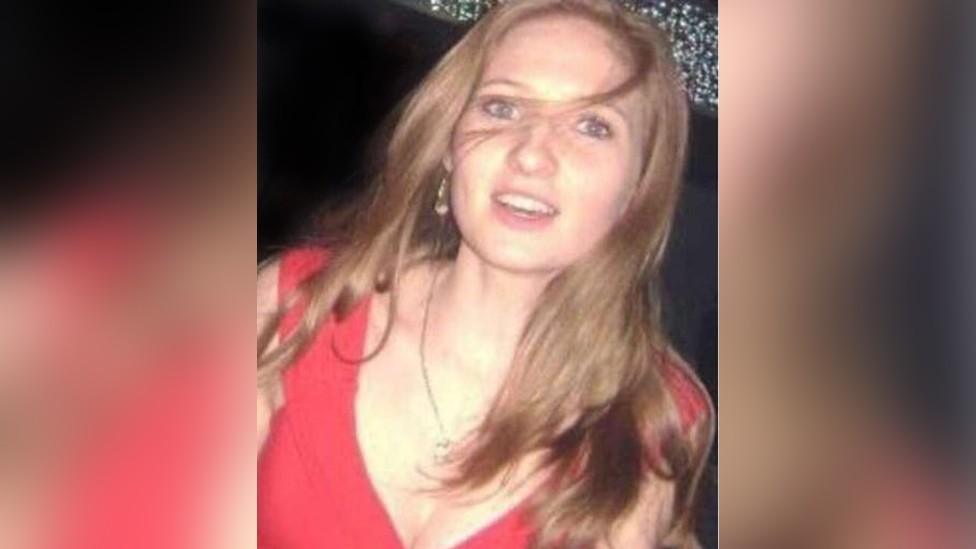
Clare Nash spoke to police about being frightened of her ex-partner the night before he killed her
An inquest jury has been told to examine possible issues around domestic abuse reports to police before the murder of a woman by her ex-partner.
Clare Nash, 33, was stabbed multiple times and strangled by Charles Jessop at her flat in Newmarket, Suffolk, on 16 January 2020.
She had spoken to police multiple times in the weeks leading up to her death, including the day before she died.
The jury has retired to consider its conclusion.
Her medical cause of death was established as a combination of compression of the neck and multiple stab wounds, the jury was told.
Two days before her death, Jessop had threatened Ms Nash, telling her he "would get her" and that "if you lose me you lose everything", the inquest at Ipswich heard.
She reported him to police following the threat and also complained he was harassing her with 30 phone calls a day.
Her risk was assessed as 'medium' and, due to a lack of available officers, no-one attended that night.
However, she was given advice to keep her doors locked and to phone 999 if Jessop came to her house.
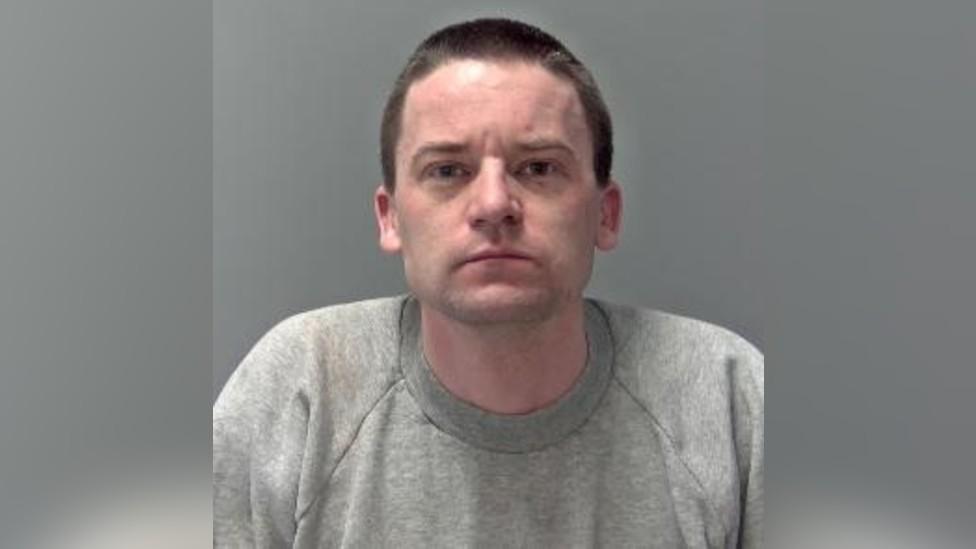
Charles Jessop stabbed Clare Nash multiple times and strangled her
PC Andrew Green attended the next day and noted that Ms Nash was "frightened" about what Jessop would do if he got into her house and would not leave, the court heard.
He told Ms Nash he would need a statement and more evidence before speaking to Jessop.
Ms Nash, who was killed the next night, attempted to send recordings of some of the calls but they did not arrive until after her death, the coroner said.
Jessop was convicted and jailed for murdering Ms Nash last year.
In sending the jury out to reach a conclusion, Suffolk coroner Jacqueline Devonish said there were points to consider about whether sufficient steps had been taken to protect Ms Nash from Jessop.
She listed seven potential areas for the jury to examine, relating to Suffolk Police, including:
Whether enough evidence was sought from sources other than Ms Nash, as per police guidelines on domestic violence
Whether Jessop should have been arrested prior to 16 January 2020
Whether risk assessments had adequately taken into account Jessop's history of domestic violence
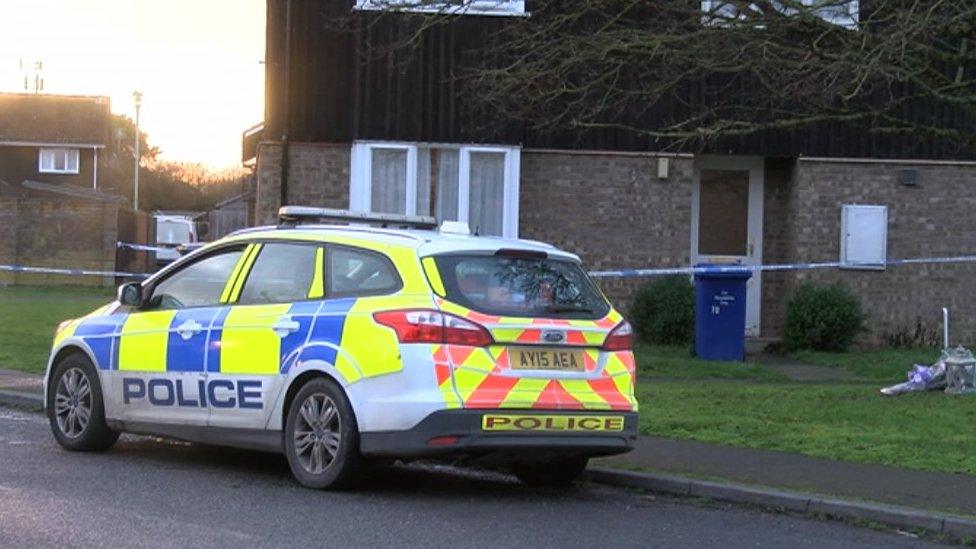
Ms Nash was killed at her home in Newmarket in January 2020
Ms Nash had reported Jessop to police on 4 December 2019 following an assault and her risk was assessed as 'medium' by former trainee officer PC Nathan Butcher.
The court heard the case was not progressed until 23 December due to staffing shortages, the file being placed in the wrong team folder for follow-ups, the transfer of PC Butcher and confusion about his supervision.
In that time there had been at least one other incident that had been reported to police involving Ms Nash and Jessop on 11 December, when Ms Nash "ran crying" into a restaurant to escape him.
Jessop previously told the court he was not spoken to about domestic incidents with Ms Nash on 4 and 11 December, or 14 January.
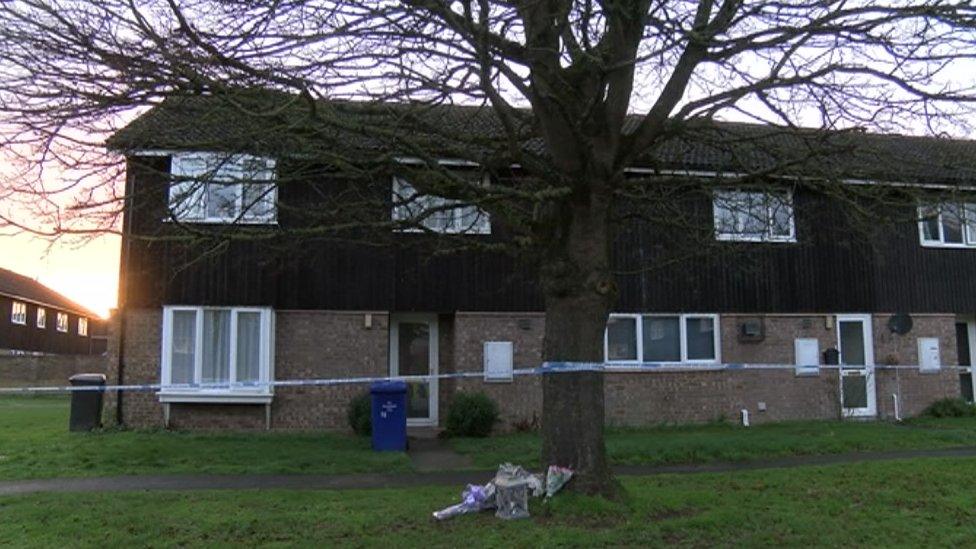
Ms Nash's father, Brian Nash, previously told the inquest in a statement his daughter was "a beautiful girl, full of love".
He added she was like a Weeble toy, "you got her down but she never stayed down".
The inquest continues.
Related topics
- Published16 July 2021
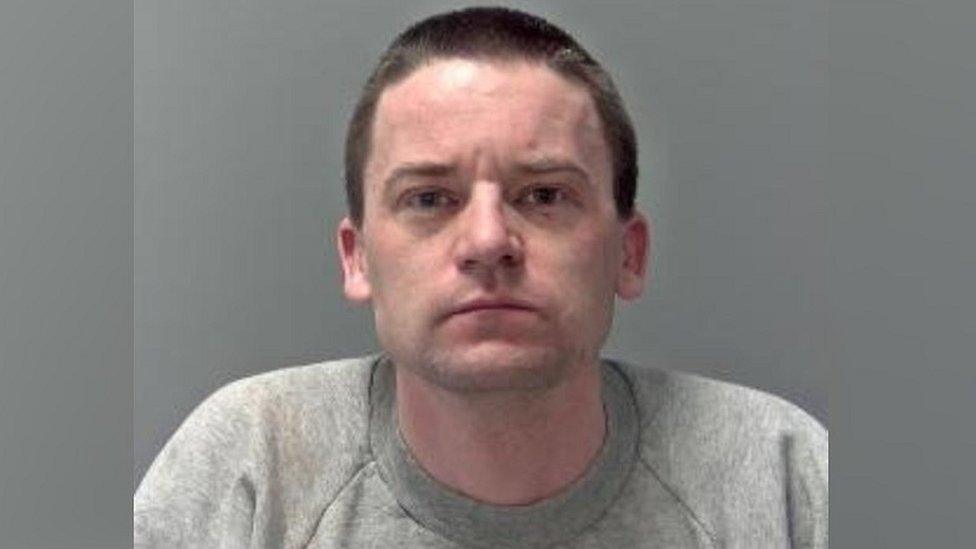
- Published10 June 2021

- Published13 April 2021
